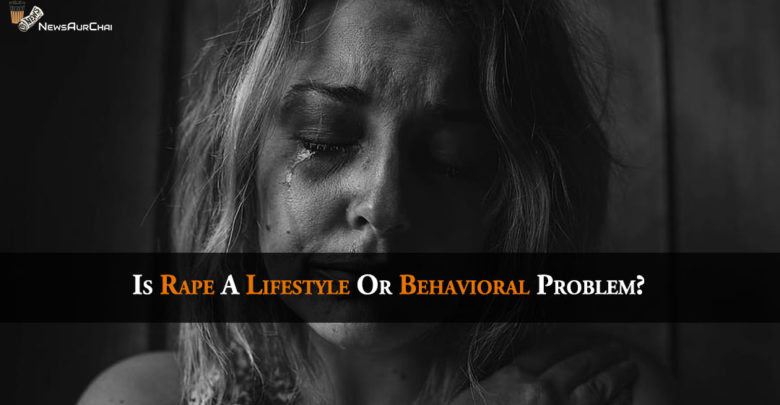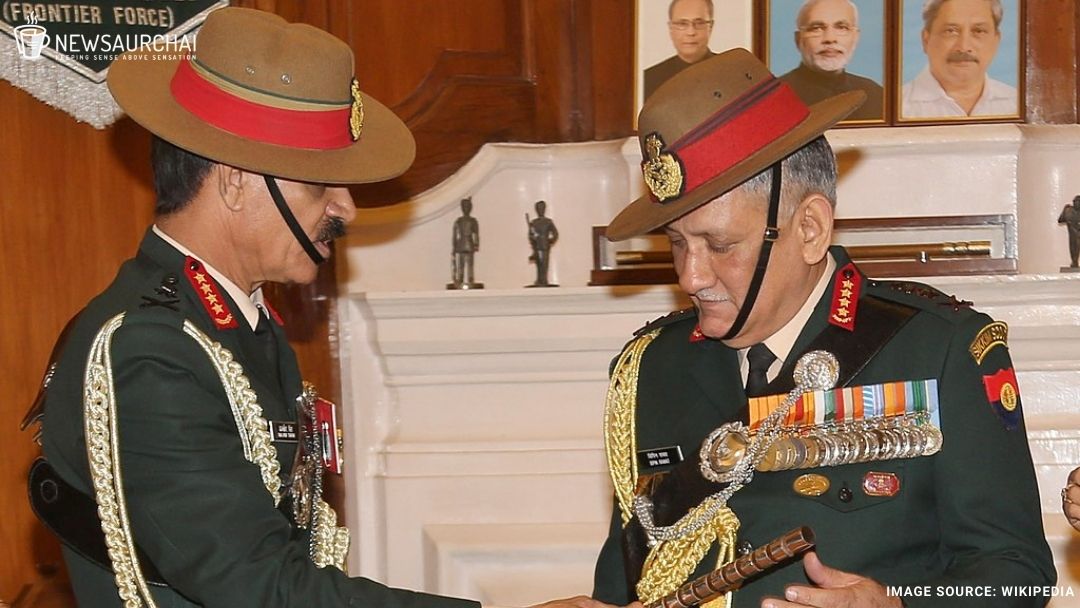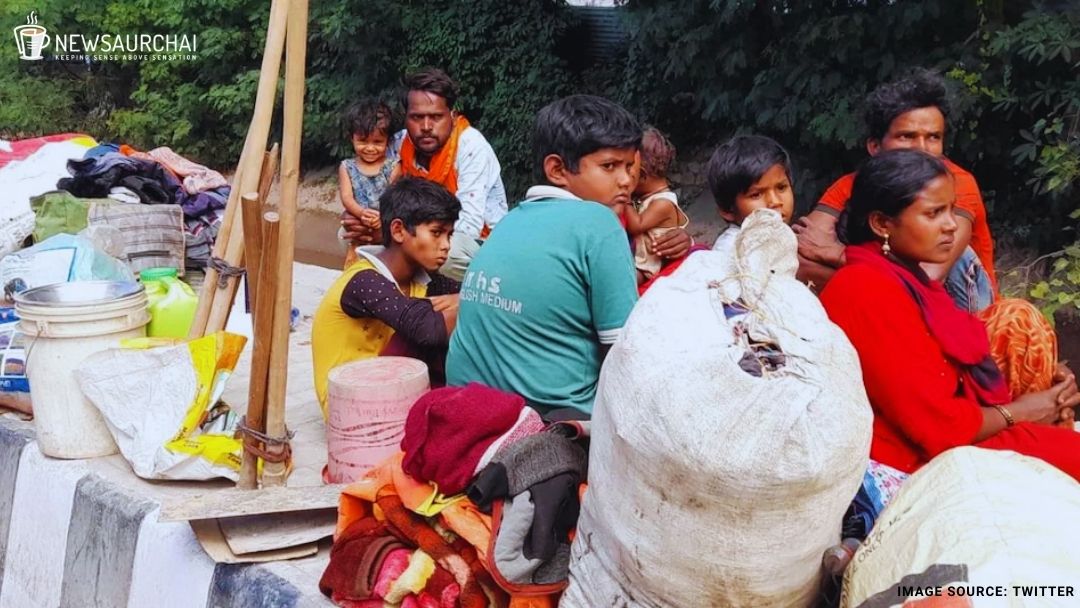
If you notice rape is one of the common crime against women in India, as per the reports in every 20 minutes a woman is getting raped in some part of India. Moreover, female in their youth are the most unsafe group for rape victimization.
According to experts, only 10% of rapes are being reported, and the conviction rate for such cases in India is just 24.2%. As per the statistics of NCRB 2015, Madhya Pradesh has the highest raw number of rape reports among Indian states, while Jodhpur in Rajasthan has the highest per capita rate of rape reports in cities followed by Delhi, the capital city. Several such cases since 2012 caught the eyes of Government of India, forcing them to reform its penal code for offences of rape and sexual assault.
As per the recent study, it is shown that 80% of women in India had to endure sexual harassment ranging from unwanted comments to being groped or assaulted. The irony is that 65% of Indian men believe that women should tolerate such violence; it also shows that 24% of the Indian men had committed some sexual abuse at some point during their lives. The worst side of all this is that in India, marital rape is not an offence, as 20% of Indian men admit to forcing their wives or partner to have sex.
As per a sample survey conducted by the Human Rights Watch projects more than 7200 minors – 1.6 in 100,000 children – are raped each year in India, out of these victims those who do report the crimes are alleged to endure mistreatment and humiliation from the police. Most of these rape cases go unreported due to this factor only– shame from the society and even in some worst cases shame from family as well. No one bothers to understand the simple fact that they are the VICTIMS; it was not their choice to get raped. Indian parliamentarians have affirmed that the sexual assaults in India are being underestimated because a large number of cases are not being recorded even though many victims are ready to report.
It is widely confirmed that rape is a significant public health problem in college campuses. As per the study conducted back in 2005, 20%–25% of all women encounter a completed or attempted rape during their 4–5-year college careers.
The consequence of such sexual assaults which brings on victims is well known; it includes negative impacts on physical health, mental health, academic performance, and interpersonal relationships. Studies implied that the acceptance of rape myths is a crucial factor in analytical models of rape behaviour. Many colleges now provide various services to respond to survivors, such as crisis intervention and counselling.
Rape myths can be defined as prejudicial, stereotyped and false beliefs about sexual assaults, rapists, and rape victims. In other words, specific attitudes and beliefs towards sexual violence by shifting the blame from the culprit (s) to the victim.
There are gender differences in perceptions of such violence wherein rape myth acceptance differs between males and females. Men use them to justify male sexual abuse, while females believe in myths to deny personal vulnerability.
One of the common rape myth quoted over time includes the notion that the way a woman dresses or acts or her untimely stepping out of house indicates that “she asked for it,” or that rape happens because men cannot control their sexual desires. She is blamed for just being what she is, Do you think this is correct?
Researchers have explained that the acceptance of rape myths not only means problematic attitudes but also is an explanatory predictor in the actual perpetration of sexual violence. Several studies have illustrated that negative stereotypical attitudes toward, and beliefs about, women are associated with broader rape myth acceptance.
To remove such a myth, the first thing that has to be done is to educate people as to why and how rape actually occurs. We can see that ignorance of the reality in most cases bring about with such conclusions.





